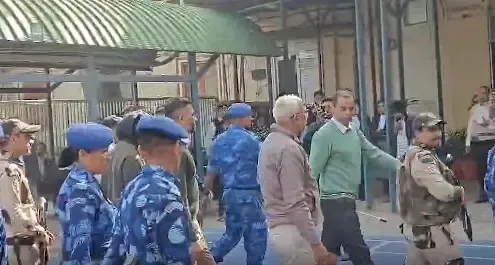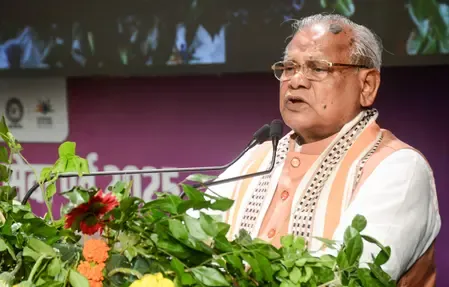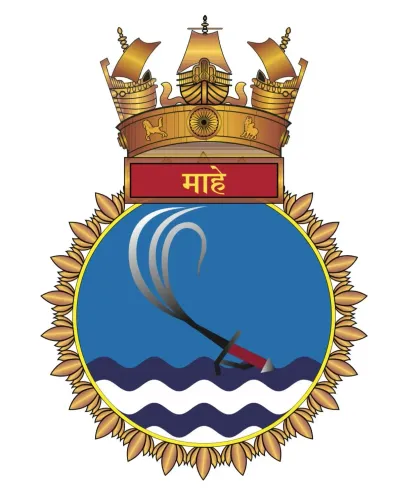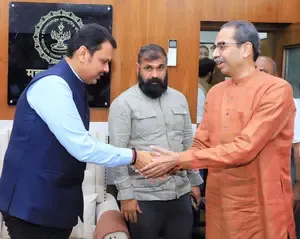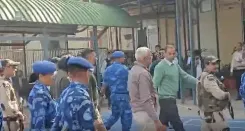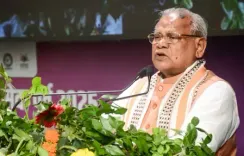Has the SC raised concerns over rising airfares and baggage limits?
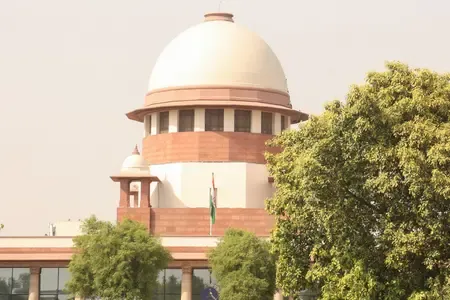
Synopsis
Key Takeaways
- Supreme Court issues notice on PIL against rising airfares.
- Concerns raised over reduced complimentary baggage limits.
- Dynamic pricing practices criticized for being exploitative.
- PIL calls for an independent aviation tariff regulator.
- Impact on vulnerable travelers highlighted.
New Delhi, Nov 17 (NationPress) The Supreme Court has issued a notice regarding a public interest litigation (PIL) that challenges the “opaque, exploitative, and algorithm-driven” fare structures in India’s civil aviation industry and raises concerns about the decrease in free check-in baggage allowances for travelers. A Bench comprising Justices Vikram Nath and Sandeep Mehta has requested responses from the Centre, the Directorate General of Civil Aviation (DGCA), and the Airports Economic Regulatory Authority of India (AERAI) within a four-week period following the plea submitted by social activist S. Laxminarayanan.
Senior advocate Ravindra Srivastava, representing the petitioner along with AoR Charu Mathur and advocate Abhinav Verma, argued that air travel, recognized as an essential service under the Essential Services Maintenance Act, has become increasingly unaffordable due to “unregulated, unpredictable and exploitative” pricing practices.
The PIL contends that sudden fare increases driven by opaque algorithms, last-minute charges, and the unilateral reduction of free check-in baggage limits from 25 kg to 15 kg disproportionately impact travelers with urgent medical, educational, or work-related travel needs.
It asserts that “airfare can double or even triple within hours” due to dynamic pricing mechanisms employed by airlines, which negatively affect those unable to plan ahead, such as patients, students, and migrant workers.
The plea cited examples where fares surged “four to six times within hours” during emergencies like the Pahalgam terror incident and peak occasions such as the Maha Kumbh.
Describing such increases as “arbitrary, unconscionable, and violative of Article 21”, it argues that allowing prices to be solely determined by market forces contradicts the constitutional guarantee of a dignified life.
“When citizens are forced to travel by air during emergencies, permitting such exploitative pricing represents a direct violation of the right to life,” the petition claims.
Additionally, the PIL challenges the significant reduction in complimentary baggage allowance, arguing that airlines “have unjustifiably decreased the free check-in baggage from 25 kg to 15 kg, a reduction of 10 kg or 40 percent of the previous entitlement”, thereby converting what was once part of the ticket service into a new source of revenue, obligating passengers to pay up to Rs 6,000 more for the lost 10 kg at current excess baggage rates.
“No authority, whether DGCA or AERAI, possesses the power to review or limit airfares or ancillary charges,” the plea points out, emphasizing that the non-binding DGCA Passenger Charter provides “no enforceable protection” for consumers.
Referring to the March 2025 report from the Rajya Sabha Standing Committee, the petitioner has called on the apex court to instruct the Centre to establish an independent aviation tariff regulator with quasi-judicial powers to oversee fare structures, ensure compliance, address grievances, and impose penalties.

